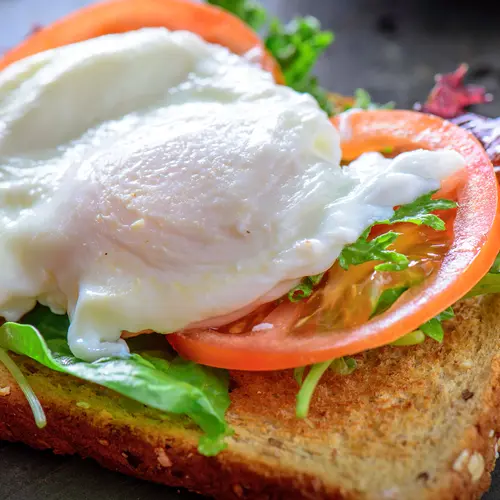Brussels sprouts get their name from the capital of Belgium, where they first grew in the 16th century. They look a little like mini cabbages, but don't let the small size fool you. They have a lot of nutrition in each bite.
Brussels sprouts are in the cruciferous family -- relatives of broccoli, cauliflower, collard greens, and kale. Only 1 to 2 inches across, they're green and round, with tightly packed leaves.
When you prepare them the right way, Brussels sprouts have a mild, sweet, almost nutty flavor. But they're very easy to overcook, which can lead to a bitter taste, mushy texture, and a strong, sulfur-like smell. For that reason, Brussels sprouts often get a bad rap.
Nutrients per Serving
One serving (1 cup) of cooked Brussels sprouts has:
Health Benefits
Brussels sprouts have a lot of a natural, sulfur-based substance with a name that's a bit of a tongue twister: glycosinolate glucobrassicin. Research shows that this compound may help prevent damage to your DNA that raises your chances of getting cancer. It may also stop new blood vessels from growing inside tumors.
Eating a lot of Brussels sprouts and other cruciferous veggies may help protect against cancers of the stomach, lungs, kidney, breast, bladder, and prostate.
Crunchy veggies like Brussels sprouts may also help you stave off other health issues, such as high blood pressure, high cholesterol, heart disease, and diabetes. Brussels sprouts also have carotenoids, colorful pigments found in plants, which are good for your eyes.
Risks
Despite all the health benefits of Brussels sprouts, check with your doctor before you add them to your diet if:
You take blood thinners. Like some other cruciferous veggies, Brussels sprouts are high in vitamin K, which helps your blood clot. If you take medicine called blood thinners, too much vitamin K could prevent them from working as well as they should. Ask your doctor about how often it's safe for you to eat Brussels sprouts.
You have irritable bowel syndrome (IBS). Like other cruciferous veggies, Brussels sprouts have a type of carbohydrate that your body can't easily break down. This can cause you to have belly pain, gas, and either diarrhea or constipation.
How to Prepare Brussels Sprouts
Look for bright green Brussels sprouts. Black spots or yellow leaves are signs of decay. Once you bring them home, Brussels sprouts will last a week or two in the refrigerator. Any longer than that and they may start to smell.
To cook, rinse your sprouts well to remove any dirt. Slice off the bottom (which has a tough texture, even when cooked), and remove any outer, wilted leaves.
You can toss Brussels sprouts with olive oil and roast them until browned, or steam them in a pot with a few inches of water. They're also easily sautéed or microwaved. You can add raw, shaved Brussels sprouts to soups and salads.
Don't boil your Brussels sprouts. This can lead to the mushy, bitter taste that many people hate. It also wipes out many of this veggie's nutrients.

